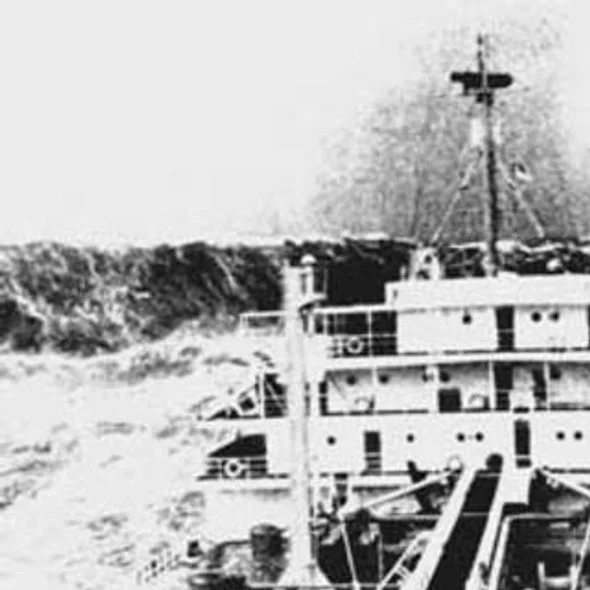A popular topic I often come across in my notebooks relates to diesel fuel and filtration. I recently went through my notes from a Caterpillar fuel systems seminar held some years ago during the International Work Boat Show in New Orleans. This is a huge event with suits and ties and huge corporate representation. Attendees are serious commercial ship and tug builders and operators. People watching isn't a sport here. Big-buck commercial deal making is...
Among the very interesting seminar talking points, I wrote down statements from the speaker’s presentation, lifted directly out of three separate Caterpillar technical papers on fuel systems:
· “Ninety percent of diesel troubles are due to dirt or water in the fuel”
· “Eight out of 10 engine failures are related to poor quality fuel”
· “The number one cause of fuel system wear is abrasive particulates smaller than 10 microns”
For all those running modern, common rail engines, this substantiates what we harped on for years about better filtration. And this comes directly from an industrial giant whose marine engine division represents less than two percent of its overall business.
To continue reviewing notes from another trip notebook, this time in Charleston, SC, in a two-day press event with Cummins and Grand Banks, the subject came up yet again. After a day of boat rides and facility tours, I asked GB’s Neil McCurdy and Cummins’ Ted Varner about today’s common rail diesel engines, hoping for added perspective on our then-ongoing discussion about clean fuel. This quickly got the attention of all six Grand Banks and Cummins technical people relaxing at the end of the day in the Reel Bar at the Charleston Harbor Resort & Marina. They picked up their drinks and came over to our seating area.
The Cummins tech guys totally agree that two-micron filtration is necessary on common rail engines, yet the company's party line maintains that the two-micron filter on the engine is sufficient, and 10-micron primaries are good in front (or up line) of the on-engine filter. That is precisely how Grand Banks sets up the fuel system, with either one Racor per engine, or dual, switchable filters.
HOWEVER, they all agreed that “our” boats (cruising trawlers and motorboats) would definitely benefit from additional (and more expensive) filter installations. Every person who joined us around these coffee tables agreed that moving the two-micron filter off the engine and putting filters in a more-friendly location was a really good idea—as long as restriction was not increased. (Keep in mind that the flow rate of a two-micron filter element is the same as a 10-micron element. The restriction they were talking about was introducing overly complex plumbing.)
Regarding the additional expense to move filtration off the engine and located in a more accessible location, Cummins super tech, Jonathan James, who has always impressed me with his technical knowledge grounded in field experience, summed it up in a way I'd not heard before. He knows all about “our” boats, so his statement really hit home. And it is perhaps the most brilliant comment about what I always felt was a disconnect between the "carry lots of fuel but burn very little" trawler community and the marine engine industry in general. His view on this additional, expensive filtration should be embraced by all trawler owners when thinking of our needs versus the larger-segment powerboat world and the marine industry that supports it:
“From an engineering view, it is unnecessary. From an operator’s view, it is critical.”
If you have ever left a boat show booth feeling unsatisfied as to the apparent lack of understanding to your questions, consider Jonathan's statement. The engine guys come at it from an engineering perspective generally used to working with "carry lots of fuel and burn it at will" type owners, not you and me. Embrace Jonathan's statement and you won't be scratching your head nearly as much.
Grand Banks held the latter view as it was concerned about the additional expense, as more elaborate filtration increases the price of the boat. But everyone agreed that today’s common rail engines are not the forgiving mechanical engines of the past, where even on-engine filters used to be rated for 30-micron elements.
Incidentally, these days Cummins is more concerned about water in the fuel than dirt because that is the more common problem, in its experience.
Good to know.










